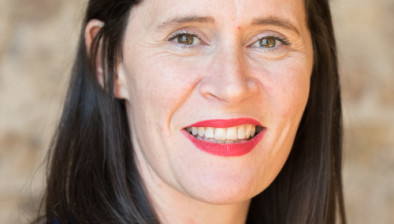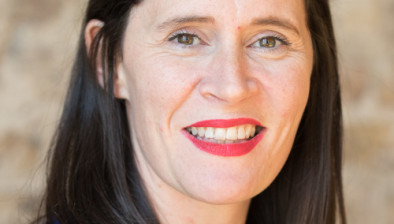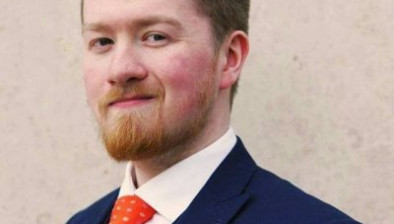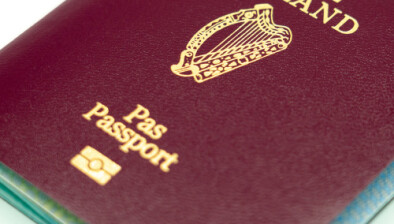Human rights arguments to be heard in shared motherhood IVF cases
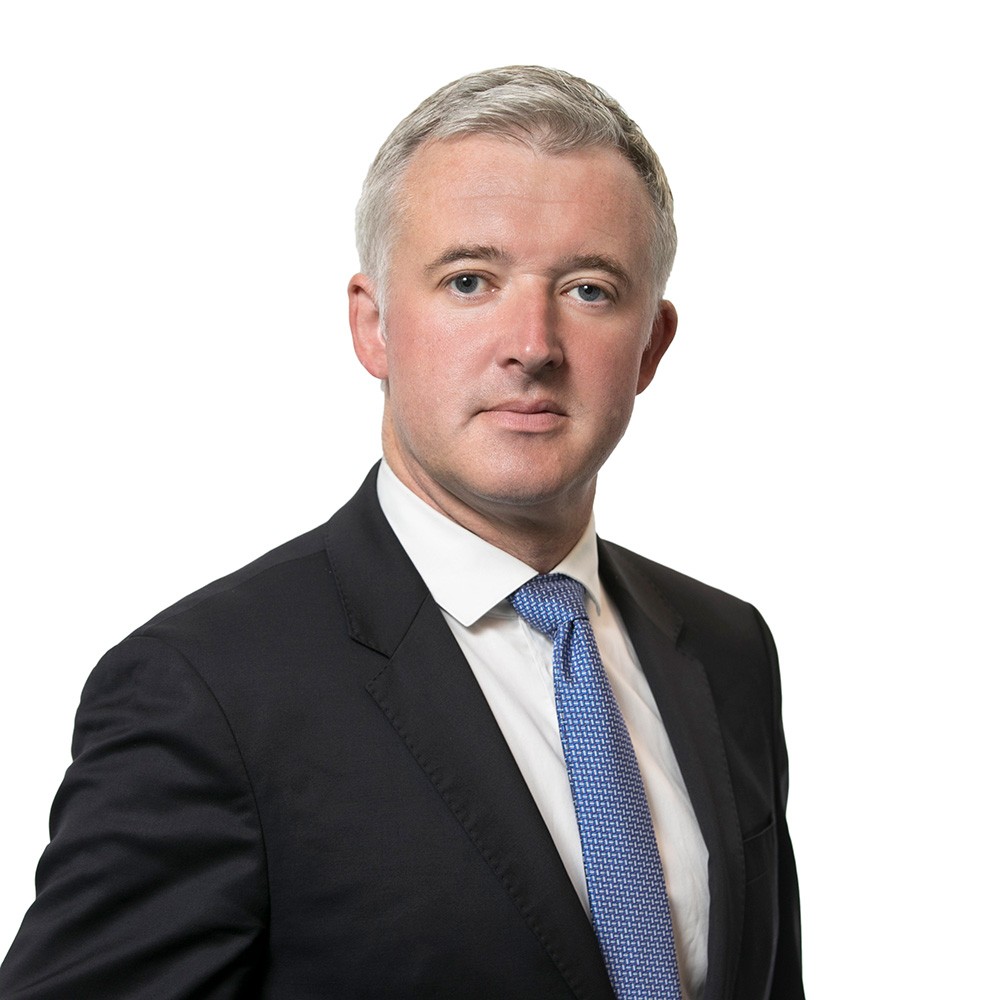
Liam Herrick
The Supreme Court is to hear human rights arguments in a case concerning the right to citizenship of children born abroad to same-sex couples of different nationalities.
The Irish Human Rights and Equality Commission has been granted permission by the Supreme Court to appear as amicus curiae in two joined cases known as X and Y.
Both cases involve shared motherhood IVF, where one woman donates her eggs and another woman carries the pregnancy — giving the child a biological link to two mothers.
The families are challenging the refusal of the minister for foreign affairs to issue passports to the children on the basis that they are entitled to Irish citizenship by descent.
Under the Irish Human Rights and Equality Commission Act 2014, the Commission may seek the permission of the superior courts to appear before them as amicus curiae in cases that concern human rights and equality law.
In X and Y, the Commission sought to appear because the cases involve significant human rights issues that go beyond the facts of the individual cases.
The Commission will seek to assist the Supreme Court with submissions about the human rights and equality law issues arising, including the rights of the child, family rights and the right to equal treatment, among others.
Chief commissioner Liam Herrick said: “These cases raise important issues about the rights of children to Irish citizenship.
“As amicus curiae, the Commission is happy to offer independent human rights and equality expertise to support the court’s consideration of these appeals.”






